nEWS & EVENTS
News

DMP questionnaires can be challenging because the “right” answer often depends on the specifics of your project. NFDI4ING RDMO now includes an integrated chatbot that supports you directly in the questionnaire.
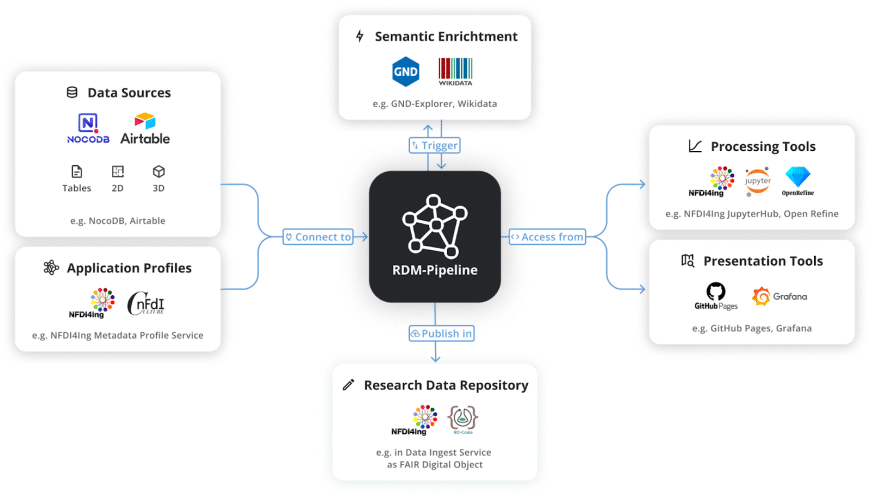
Building on earlier NFDI4ING Seed Fund results, a new DFG-funded project advances the development of a scalable RDM pipeline to transform complex architectural data into FAIR digital objects.
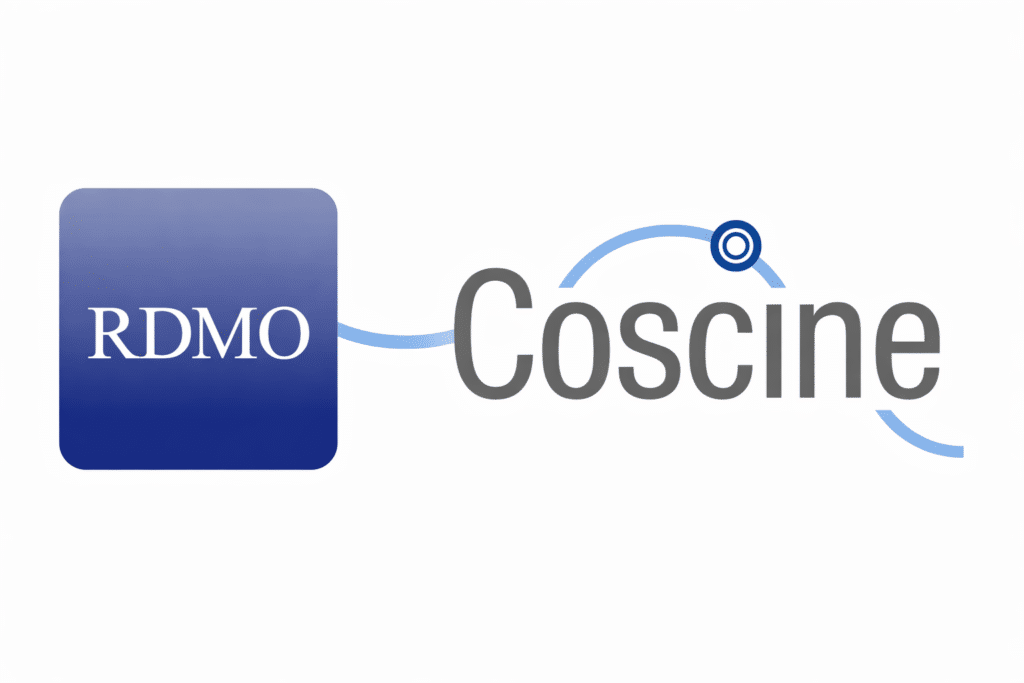
NFDI4ING has started work on the integration of RDMO and Coscine. The aim of this initiative is to enable seamless interoperability between the two services
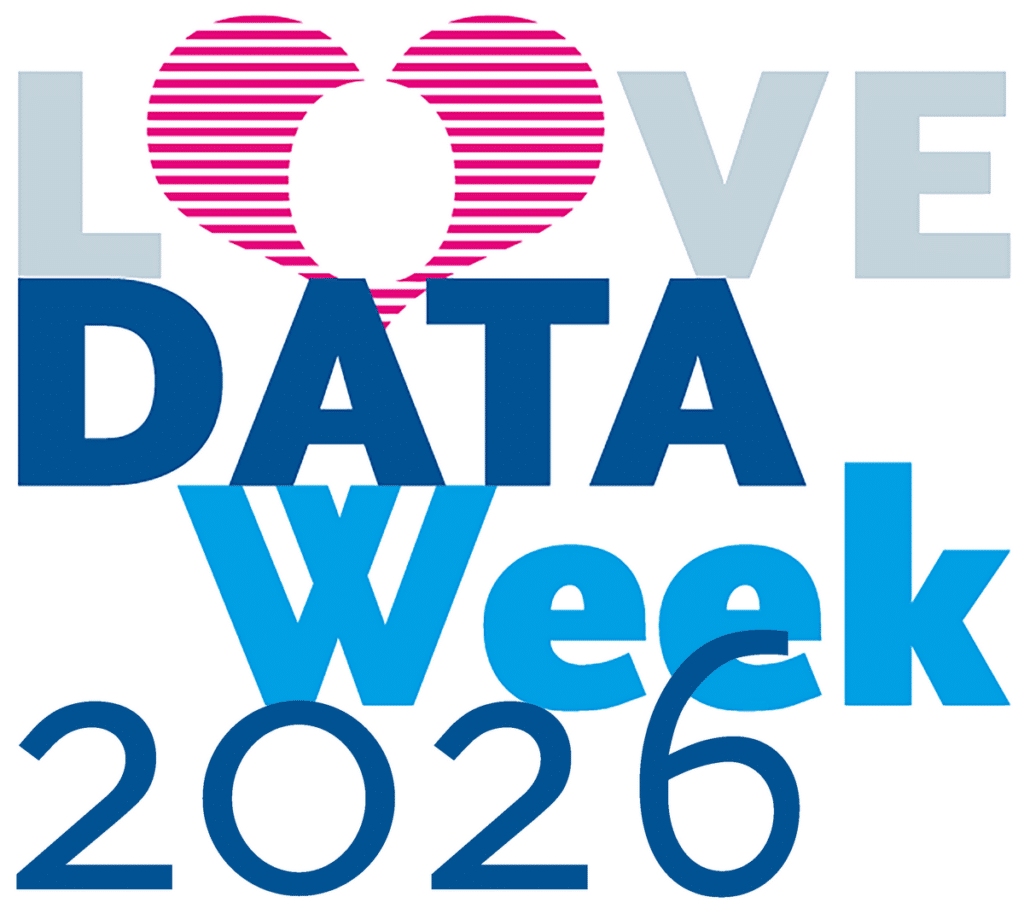
As part of Love Data Week, NFDI4ING is participating with several talks related to research data management.

From stained glass to data models: “Windows on Data” brings together consortia across the NFDI to explore how heterogeneous research data can work seamlessly together.
upcoming Events

NFDI4ING prepares for its first All-Hands meeting in the 2nd funding period. As with previous meetings, the All-Hands will provide a valuable forum for exchange, networking, and joint planning.

We cordially invite you to the NFDI4ING Community Meeting “Construct Tomorrow with Software” – an exchange format specifically aimed at research software engineers (RSEs) affiliated with the engineering sciences. This Community Meeting is a satellite event of the Conference deRSE26.

The 6th Conference for Research Software Engineering in Germany - deRSE 2026 - will take place on 3-5 March in Stuttgart with the support of NFDI4ING. We're looking forward to seeing you there!

Join the NFDI-RFC development team in Karlsruhe from March 9–10, 2026, for a hands-on workshop introducing the NFDI-RFC standardisation concept: a platform designed to advance community-driven standardisation in research data management.
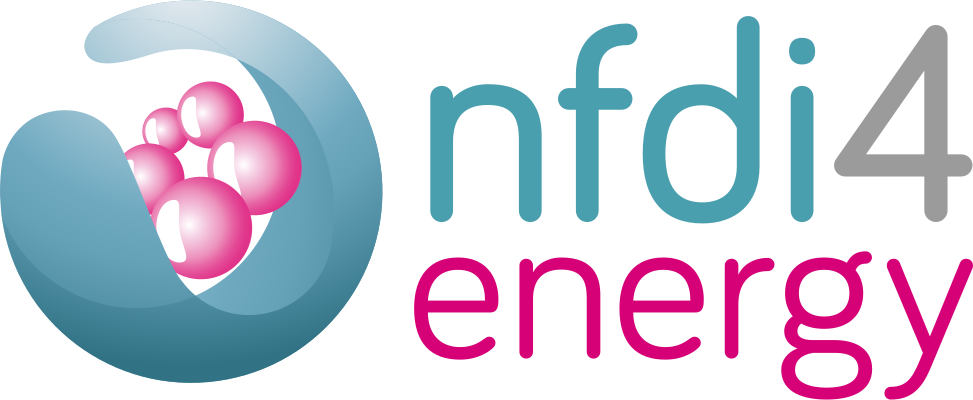
We're looking forward to taking part in the upcoming 3rd annual conference of our sister consortium NFDI4Energy, held on 24–25 March 2026 in Aachen, Germany. NFDI4ING will be presenting results of collaborative work in NFDI4ING and NFDI4Energy.
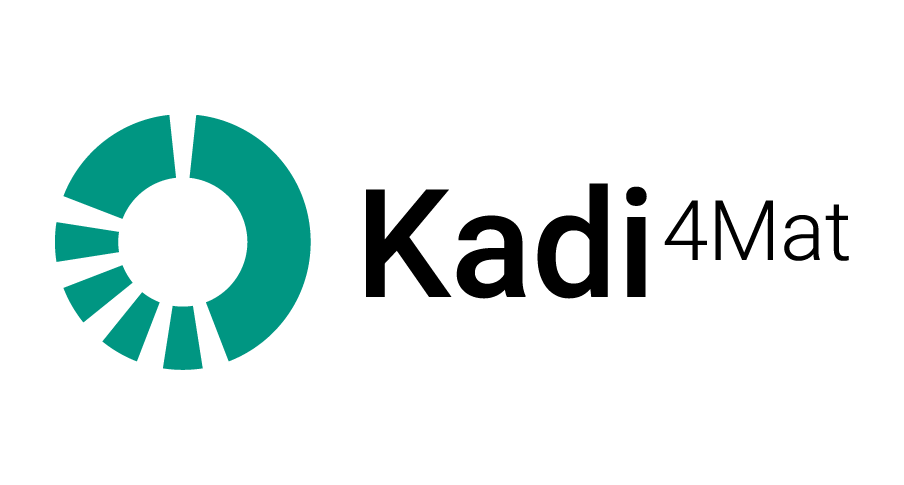
Our collaboratively developed service Kadi4Mat is organizing a community workshop from April 20 to April 22.

The NFDI4ING consortium invites engineers and researchers to the NFDI4ING Summer School 2026, a practice-oriented training on modern research data management in engineering sciences. The summer school combines online preparatory courses with an intensive on-site workshop in Darmstadt.

Together with NFDI4Cat, we will organise a joint conference at the DECHEMA venue in Frankfurt am Main.
Search for news and events
No. of news & events: 232
NewsLetter

Stay informed!
Subscribe to our newsletter to be informed about news and events of NFDI4ING.
By clicking the Submit button you agree that your data will be used to process your request to receive information on NFDI4ING. You can find further information in our privacy policy.
Archive
If you are interested in older news or our past events, you can check our archive links below.